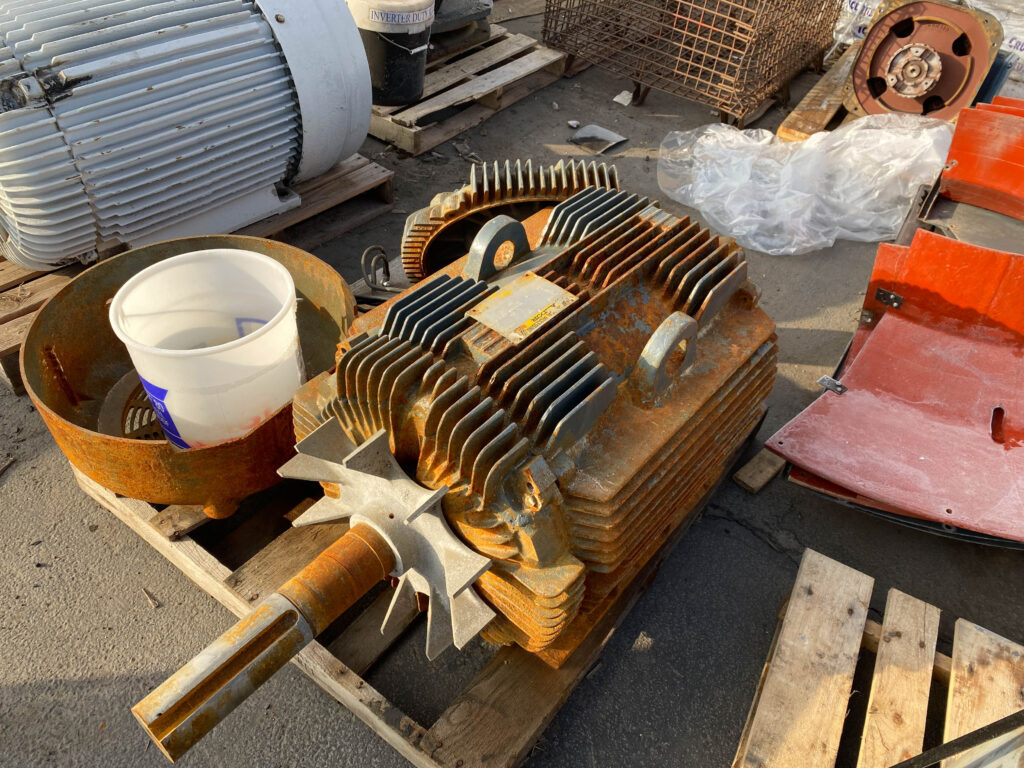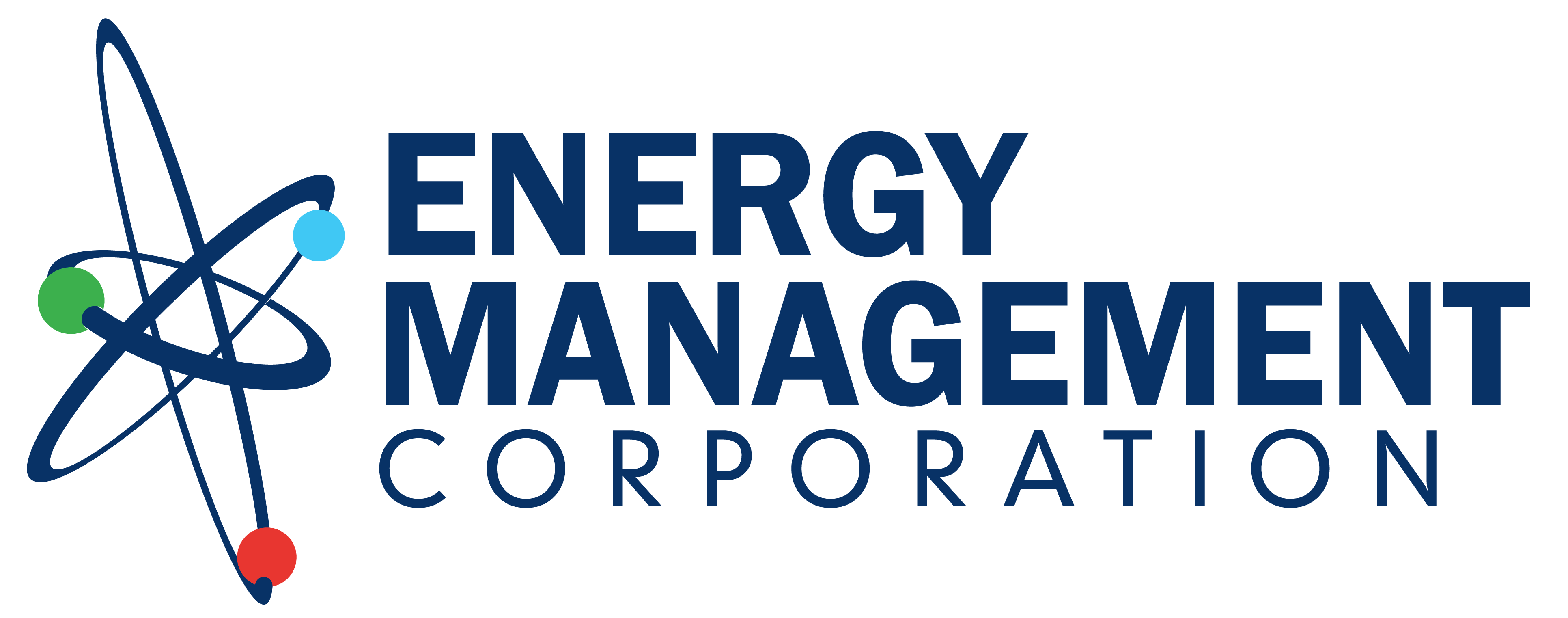What Are The Common External Motor Failures?
This is the third installment of the five-part guide. If you want to learn about the other common causes of motor failure, read more about failures involving bearings, winding, rotor bars, and shaft coupling.
External conditions are tied for the second most common reason for motor failure. As a motor owner, not only do you have to worry about what condition the motor itself is in, but the environment it is in as well. Knowing how external conditions can damage your motor as well as how to prevent the damage is crucial in maintaining the longevity of the motor.
Negative external conditions account for 16% of all motor failures.
The most common external condition issues include:
- Overheating
- Humidity
- Contamination
Overheating
Some motors can’t take the heat, so don’t put them in the kitchen. If the temperature of your working environment isn’t within the motor’s tolerances, you’re going to have problems.
To prevent overheating, select a motor designed for the heat it’s going to face. You’ll need high-clearance bearings and an insulation system that offers high levels of protection. Additionally, you could add features like constant cooling fans, cooling coil radiation, and enclosures that will help beat the heat.
Properly maintain your motor cooling system or it could work against you. Broken fans, clogged vents, or blocked or damaged cooling fins can cause excessive heat buildup and quickly degrade internal wiring insulation. You’ll know you’re too late when you smell the insulation burn up.
Stay cool with motor accessories
Keep your units running at their optimal temperature with the right cooling fan and other accessories for your motor and application.
Humidity
In humid environments, moisture from the atmosphere can enter the motor. Electricity and water are a bad mix! The combination can damage the internal winding and cause corrosion. We’ve also seen folks cause this type of problem by trying to clean out motors with pressure washers.
Problems with humidity can be abated by opening drain hole plugs, fitting anti-condensation heaters, and utilizing additional corrosion protection (i.e. enhanced paint systems or coatings). If you cannot completely seal against moisture ingress, ensure that the breather plugs are fitted and kept clear so moisture that enters can drain away.


Contamination
Any foreign particles that find their way into the motor can cause irreparable damage as they settle into the windings and cause shorts that degrade the insulation.
It is important to do everything humanly possible to keep any contamination away from the motor to preserve its longevity. If you can’t control the amount of dust in the air, special enclosures with built-in fans can help clear particles from the windings and limit the amount of dust that can reach them.
Keep internal componentry clean
Find a wide selection of industrial enclosures for controls, motors, and other equipment to keep your system running tight and tidy.
Want to learn more about motor failures and solutions?
There’s an electric motor system for almost any environment if you know where to look. Find the right model and accessories to face the elements and keep your applications powered in any weather.
You also can read more about common motor failures involving motor bearings, winding, rotor bars, and shaft coupling.
If you have any questions about how to meet the demands of your motor’s working environment, contact a sales engineer at VFDs.com. You also can email us at info@vfds.com or call 1-855-207-1721.



